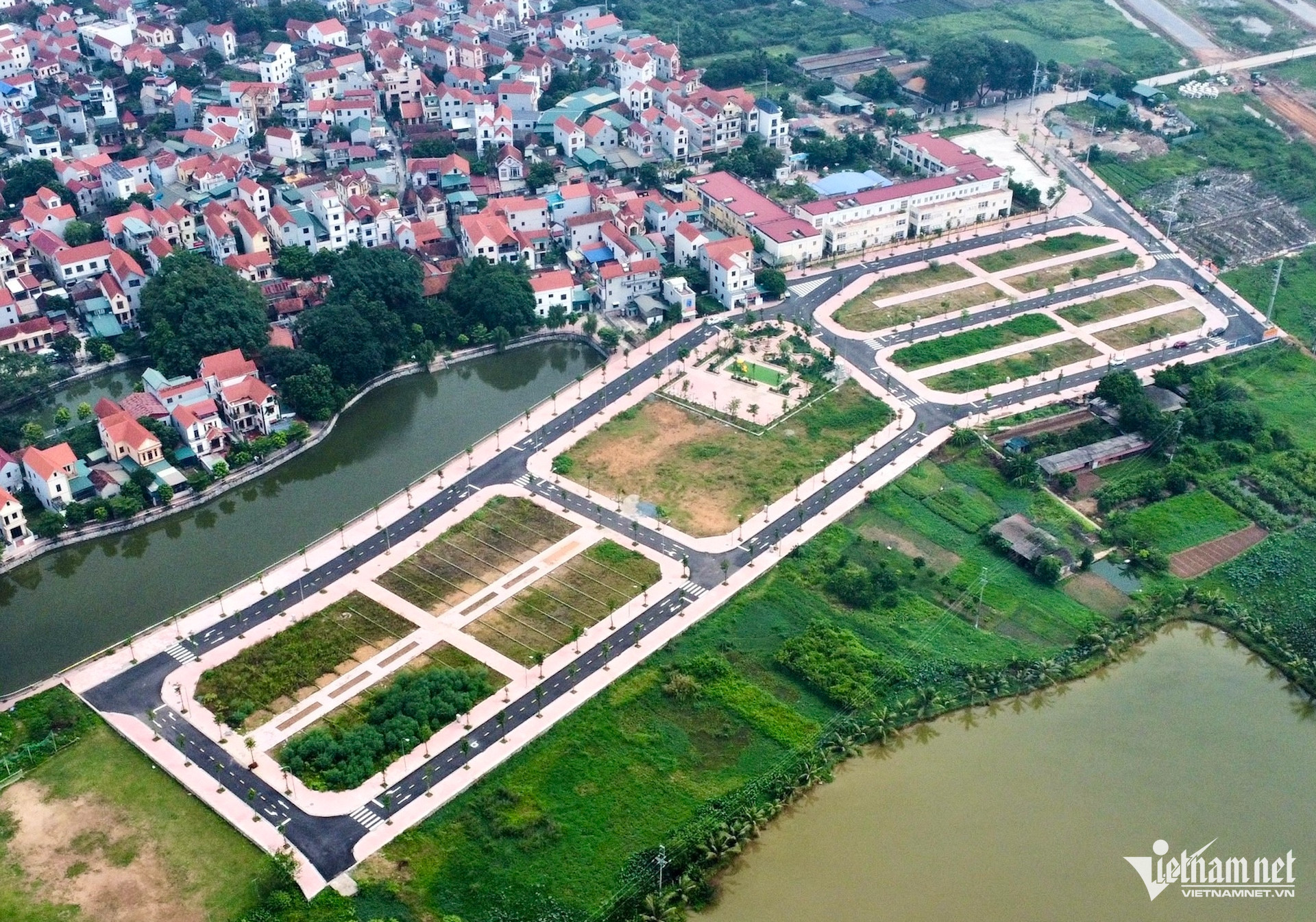
On December 14, 2024, the Prime Minister signed Directive 134/CĐ-TTg, instructing ministries and local authorities to address irregularities in land use rights auctions.
The directive noted that an earlier order (Directive 82/CĐ-TTg, issued August 21, 2024) had led to some progress. However, issues remain in several localities, including unusually high bids, price inflation, and collusion to manipulate prices for personal gain, which destabilizes the market.
To enhance the effectiveness of land use rights auctions and stabilize the real estate market, the Prime Minister outlined several key measures:
Local Authorities’ Responsibilities: Provincial and municipal leaders must review and ensure that land use rights auctions comply with legal requirements, are transparent, and adhere to proper procedures. Authorities are tasked with promptly identifying and strictly penalizing violations, including collusion and profiteering.
Public Disclosure: Planning and land use schedules, as well as urban development plans in and around auction areas, must be made public. This ensures alignment between housing and land supply and the purchasing power of most citizens, addressing imbalances in supply and demand in the real estate market.
Base Price Adjustments: Authorities must review and adjust land price tables to reflect infrastructure investments and actual market conditions before determining the starting price for auctions.
Tighter Auction Processes:
Auction plans must be scientifically designed and closely monitored to prevent abuse for personal gain. Key adjustments include:
Reducing the payment deadline for successful bids.
Requiring higher initial deposits to deter bidders from backing out.
Choosing appropriate auction methods to limit collusion, price undercutting, or inflation.
Digital Transformation:
Increased application of digital technologies and data systems in auction management is required. Authorities must track the auction history and financial transactions of participants, especially those exhibiting suspicious behavior, such as placing abnormally high bids or registering for multiple lots in the same area.
Provincial and municipal leaders will be held accountable for ensuring land use rights auctions are conducted transparently, equitably, and in the public interest.
The Prime Minister tasked several ministries with revising laws, strengthening enforcement, and addressing irregularities:
Ministry of Justice: Lead efforts to review and refine regulations on land use rights auctions and digitize the auction process. Introduce penalties for violations and conditions limiting participation for individuals with a history of misconduct or profiteering.
Ministry of Natural Resources and Environment: Work with other ministries and local authorities to enhance monitoring and auditing of auctions, focusing on cases with abnormal behavior.
Ministry of Construction: Assess the impact of auction outcomes—particularly abnormally high bids—on housing prices and the broader real estate market.
Ministry of Public Security: Direct investigative units to identify and prosecute individuals or organizations involved in severe violations, including those requiring criminal accountability.
Nguyen Le